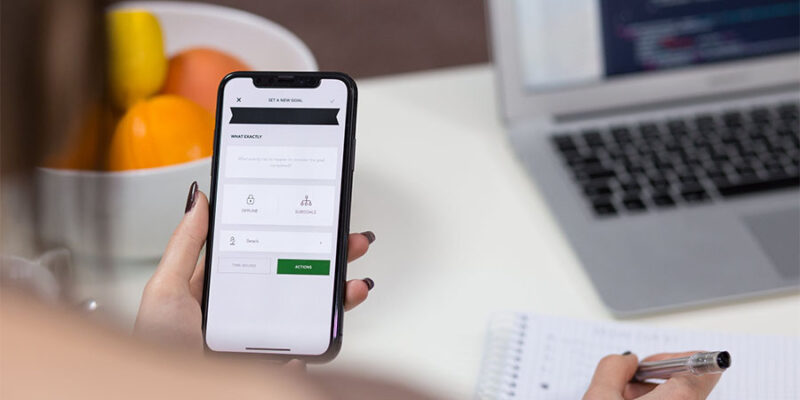In the past few decades, computers have connected the world in ways that no one had ever imagined as a possibility. People can access their bank accounts through their phone screens. It is convenient and fast to use a mobile banking app to pay bills, transfer money from one account to another, and do other transactions. People no longer need to wait in long queues at the bank to get their transactions done. They only need a good internet connection and some caution.
Mobile banking services are on the rise, and there is no doubt that it is becoming more common to carry out day-to-day transactions. It is common to see someone who uses online banking services regularly. However, there are a few things that users must stay cautious about if they use these services or even if they have a mobile banking app installed.
- Keeping a weak pin or passcode:
Most mobile banking apps or net banking portals ask for a pin to authenticate transactions. In other words, ensure that it’s you who’s making the payment. Setting a passcode or PIN that you can easily remember is crucial in such a situation.
Nevertheless, it’s not advisable to keep birthdates, phone numbers or any other number that can be easily guessed by anybody who knows you. Additionally, never save your password or pin on your device. It’s also advisable to frequently change your pin and passcode to strengthen security.
- Installing apps from unreliable sources: Never download apps from unauthorized sources, even free banking apps. Third-party apps from unauthorized sources may be malicious and can get access to the personal data on your phone. Moreover, be cautious about what permissions you allow to the apps on your phone regardless of their source.
- Making transactions through unknown websites: Even if it’s for investments like mutual fund, don’t trust anonymous platforms. Always use your official banking app to make payments. Additionally, only click on unknown links you may receive in your inbox. Scammers usually make a duplicate website that resembles your internet banking portal. As soon as you enter your account information to make a payment, they will get access to your bank account’s data.
- Ignoring security updates: Remember to complete the software update notifications on your phone. Newer software is better equipped to detect malicious data on your phone. Additionally, ensure that your antivirus software is updated periodically and avoid downloading media that your antivirus hasn’t scanned.
- Using public wifi while making payments: always use a personal network while making online payments. Public wifis are often at a higher risk of permitting malicious software to get installed on their device. This intrusive software can then gain access to the data on your device, including passwords.
Online banking is a significant step forward as a first step towards improving the system of cashless transactions. However, it is essential to be careful about who has access to your data.












Comments